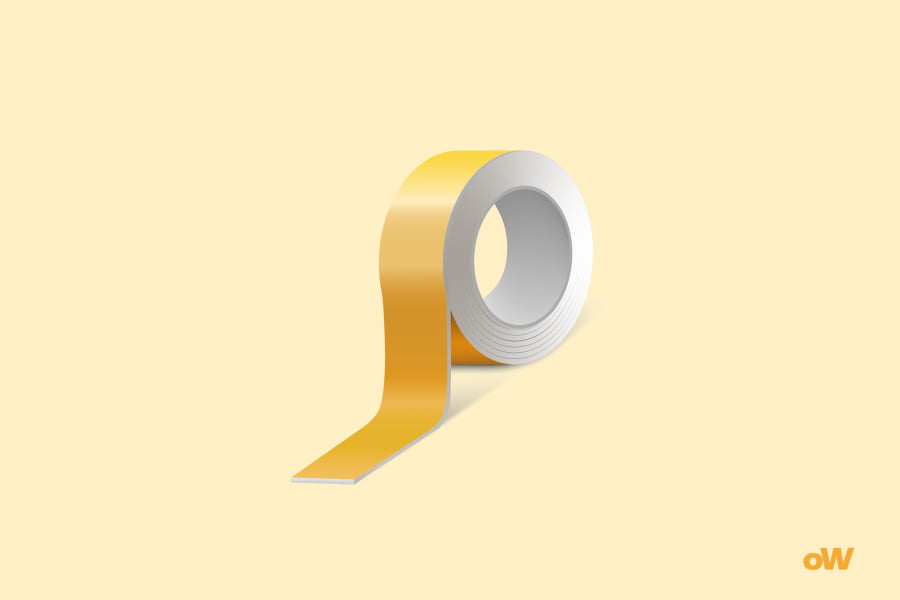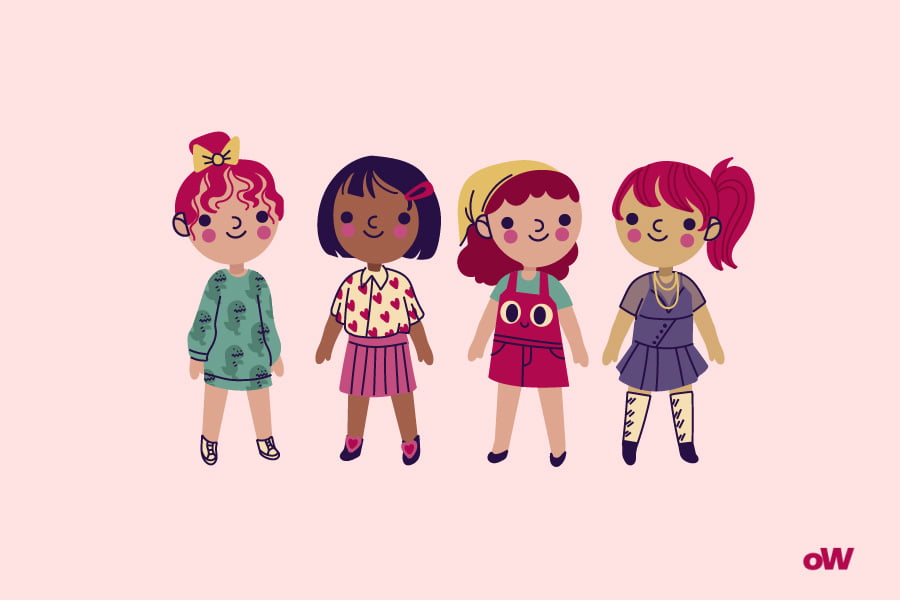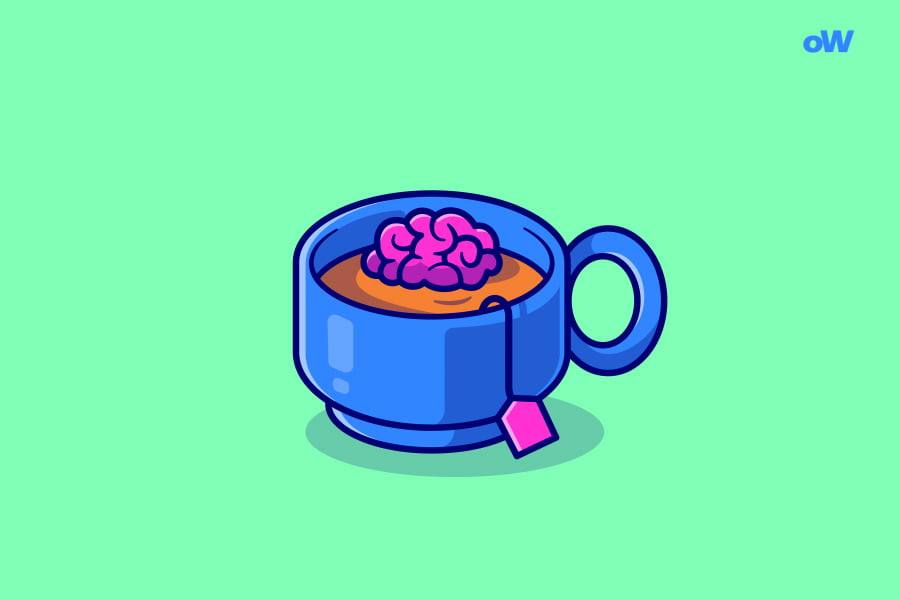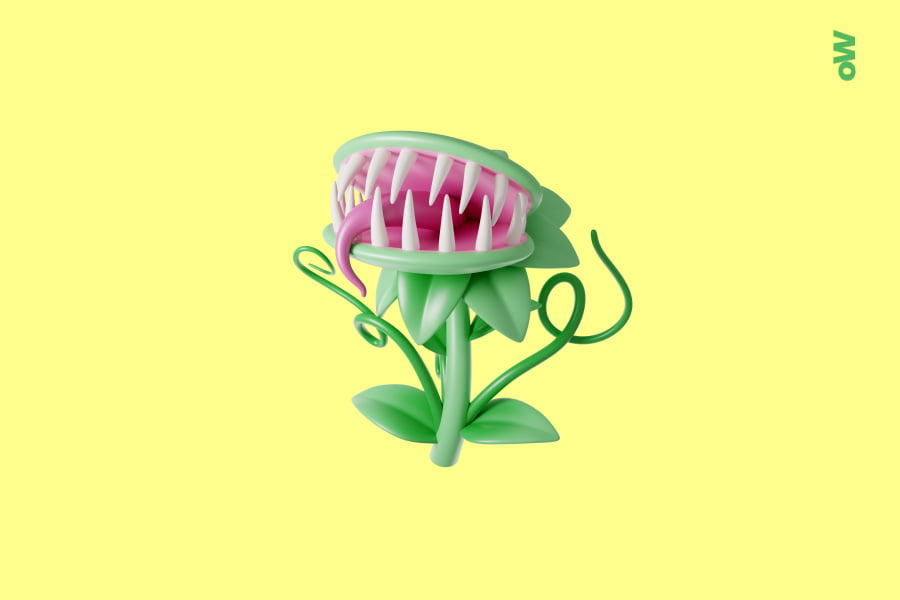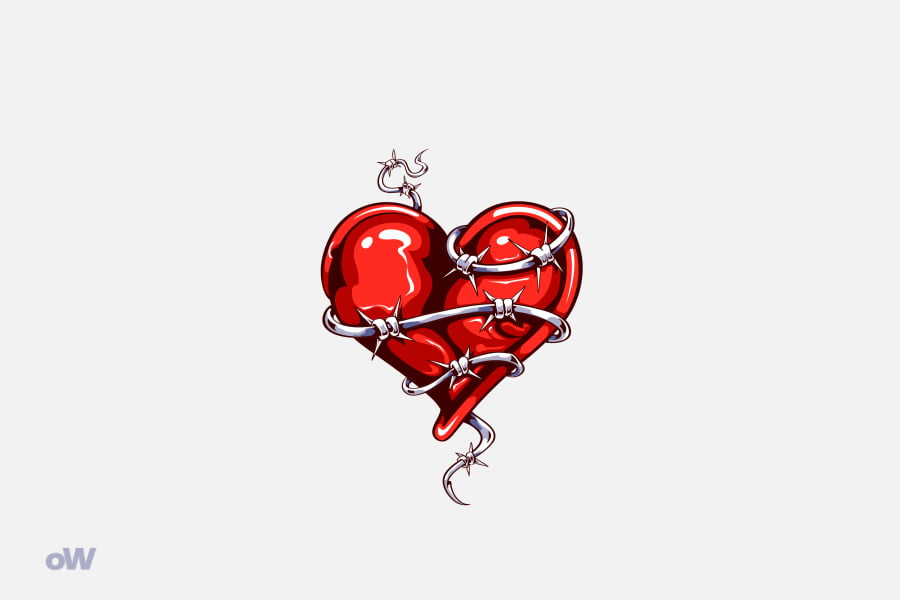Quiz: Am I Ready for a Relationship?
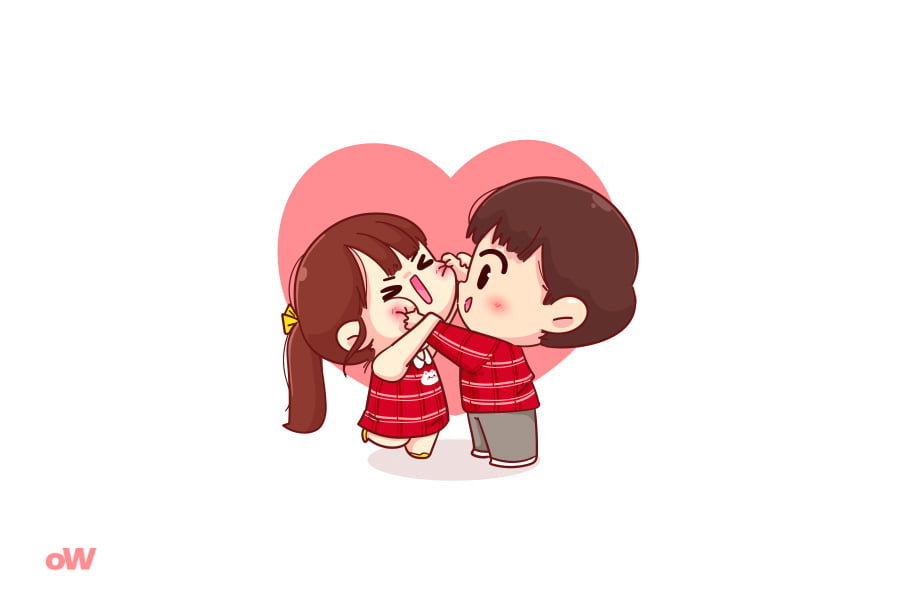
Imagine: you’re standing on the threshold of a new relationship. Your heart beats faster, butterflies in your stomach… But suddenly, doubt overcomes you – are you really ready for this? Our quiz “Am I Ready for a Relationship?” will help you understand yourself and answer this difficult question. Are you ready for a journey into the depths of your heart?
Explanation of the Quiz
Our quiz is not just a set of random questions. It’s a carefully designed self-analysis tool based on psychological research and the experience of professional family therapists. Each question is developed to touch on various aspects of your personality, emotional state, and life circumstances.
The quiz consists of several blocks of questions, each aimed at assessing a certain aspect of your readiness for a relationship. For example, one block may be devoted to your ability to empathize and understand other people’s feelings. Another block may assess your financial stability and readiness for joint housekeeping. A third block may explore your ideas about ideal relationships and compare them with reality.
After completing the test, you will receive not only an overall result but also a detailed analysis of each aspect. This will allow you to see in which areas you are already ready for a relationship and what you still need to work on.
Why Determining Readiness for a Relationship Is So Important
Many people rush into relationships driven by fear of loneliness or social pressure. However, this approach often leads to disappointments and conflicts. Determining your readiness for a relationship is a key step towards creating healthy and happy relationships.
Firstly, understanding your readiness helps avoid emotional trauma. If you enter a relationship without being ready for it, you risk facing situations that can seriously damage your self-esteem and emotional well-being.
Secondly, awareness of your readiness allows you to approach partner selection more consciously. When you know your strengths and weaknesses, you can look for a partner who will complement you rather than exacerbate your problems.
Thirdly, understanding your readiness for a relationship helps you be more honest with potential partners. If you know that you’re not yet ready for serious commitments, you can openly say so, avoiding misunderstandings and broken hearts.
Finally, determining readiness for a relationship is an important step in your personal growth. This process makes you think about your values, goals, and desires, which contributes to deeper self-knowledge.

Healthy and Toxic Relationships: Defining the Difference
Before we move on to the signs of readiness for a relationship, it’s important to understand the difference between healthy and toxic relationships. This information will help you not only assess your readiness but also understand what kind of relationship you’re striving for.
Healthy relationships are characterized by mutual respect, trust, and support. In such relationships, partners value each other’s individuality, encourage personal growth, and can effectively resolve conflicts. They communicate openly, share their feelings and needs, while respecting each other’s boundaries.
On the other hand, toxic relationships often include elements of control, manipulation, and emotional abuse. In such relationships, one or both partners may constantly criticize each other, experience jealousy, try to change the other person, or use emotional blackmail to achieve their goals.
It’s important to note that even in healthy relationships, conflicts and misunderstandings can arise. However, the key difference lies in how partners deal with these situations. In healthy relationships, conflicts are seen as an opportunity for growth and strengthening the bond, not as a reason for accusations and punishment.
Understanding these differences will help you not only assess your readiness for a relationship but also form a clearer idea of what kind of relationship you want to build.
Signs That You’re Ready for a Relationship
Now that we’ve understood the importance of determining readiness for a relationship and the difference between healthy and toxic relationships, let’s look at the main signs that you’re ready for a serious relationship.
Emotional Stability
One of the key signs of readiness for a relationship is emotional stability. This doesn’t mean you never have bad moods or that you’re always happy. Emotional stability implies the ability to manage your emotions, not allowing them to completely control your behavior.
An emotionally stable person is able to:
- Recognize and express their feelings in a healthy way
- Deal with stress and negative emotions without resorting to destructive habits
- Maintain a positive attitude even in difficult situations
- Not shift responsibility for their emotions onto other people
If you feel that you can handle your emotions without constant support from others, this is a good sign that you’re ready for a relationship.
Self-Sufficiency
Another important sign of readiness for a relationship is self-sufficiency. This means you’re not looking for a partner to “fill a void” in your life or solve all your problems. A self-sufficient person:
- Has their own interests and hobbies
- Can enjoy time spent alone
- Doesn’t depend on constant attention and approval from others
- Has their own goals and plans for the future
Self-sufficiency doesn’t mean you don’t need closeness or support. It means you don’t depend on another person to feel life’s fullness.
Ability to Compromise
Relationships require constant compromises. Willingness to make concessions and find solutions that satisfy both partners is an important skill for building healthy relationships.
The ability to compromise includes:
- The skill to listen and understand another person’s point of view
- Readiness to review your views and opinions
- Ability to find creative solutions to conflicts
- Skill to balance between your needs and your partner’s needs
Clear Understanding of Your Values and Boundaries
Readiness for a relationship also implies that you have a clear understanding of your values and personal boundaries. This includes:
- Knowing your basic life principles and values
- Ability to defend your boundaries without feeling guilty
- Ability to respect other people’s boundaries
- Understanding what you are and aren’t ready to accept in a relationship
When you have a clear idea of your values and boundaries, you can communicate more effectively with a potential partner and avoid situations that may lead to conflicts or disappointments in the future.
Readiness for Vulnerability
True intimacy requires vulnerability. Willingness to open up to another person, share your fears, hopes, and dreams is an important aspect of healthy relationships. If you feel ready for such vulnerability, it’s a good sign of your readiness for a relationship.
Readiness for vulnerability includes:
- Ability to talk about your feelings and needs
- Skill to admit your mistakes and ask for forgiveness
- Readiness to share your fears and insecurities
- Ability to accept support and care from others
Financial Stability
Although financial stability is not an absolutely necessary condition for a relationship, it can significantly facilitate many aspects of living together. Financial stability implies:
- Having a stable source of income
- Ability to manage your finances
- Absence of serious debts or financial problems
- Having financial goals and plans for the future
Financial stability allows you to focus on building a relationship without constantly worrying about money.
Capacity for Empathy
Empathy is the ability to understand and share the feelings of another person. It’s a key skill for building deep and meaningful relationships. If you’re capable of empathy, you can:
- Actively listen and understand another person’s emotional state
- Offer support and comfort when needed
- Rejoice in other people’s successes and achievements
- Understand that not all people think and feel the same way you do
Developed empathy allows you to create a deeper emotional connection with your partner and better understand their needs and feelings.

So, You’re Ready for a Relationship. What’s Next?
If, after taking our quiz and analyzing the above-mentioned signs, you’ve concluded that you’re ready for a relationship – congratulations! This is an important realization that opens up new opportunities for you. But what to do next?
- Define your priorities
Before you start actively searching for a partner, think about what’s really important to you in a relationship. Make a list of qualities you value in people and think about what kind of lifestyle you’d like to lead with a partner. - Be open to new opportunities
Being ready for a relationship doesn’t mean you have to find a partner immediately. Be open to new acquaintances, but don’t rush things. Let relationships develop naturally. - Continue working on yourself
Readiness for a relationship is not an endpoint, but a continuous process. Continue to develop as a person, engage in self-development, and maintain your emotional and physical health. - Practice communication skills
Good communication skills are key to successful relationships. Practice active listening, learn to express your feelings and needs clearly and constructively. - Be honest with potential partners
When you start dating someone, be honest about your intentions and expectations. This will help avoid misunderstandings and disappointments in the future.
Not Quite Ready for a Relationship? Here’s Your Action Plan
If the quiz results showed that you’re not quite ready for a relationship yet, don’t despair. It’s normal and even useful to realize that you need time for personal growth. Here are a few steps you can take:
- Work on emotional stability
If you feel that your emotions often get out of control, consider seeing a psychologist or explore emotion management techniques such as meditation or cognitive-behavioral therapy. - Develop self-sufficiency
Find hobbies and interests that bring you joy and satisfaction. Learn to enjoy time spent alone. This will help you become a more confident and independent person. - Practice setting and maintaining boundaries
Start small – learn to say “no” in situations that make you uncomfortable. Practice expressing your needs and desires in everyday life. - Work on financial stability
If finances are an area where you feel insecure, start by creating a budget and a debt management plan. Consider consulting a financial advisor. - Develop empathy
Practice active listening in conversations with friends and family. Try to put yourself in other people’s shoes in various situations. Reading fiction can also help develop empathy. - Work on self-knowledge
Keeping a journal, meditating, or working with a psychologist can help you better understand yourself, your values, and desires. - Learn to cope with stress
Master stress management techniques such as deep breathing, progressive muscle relaxation, or yoga.
Remember that readiness for a relationship is not a finish line, but a continuous process of growth and development. Every step you take towards personal growth brings you closer to the possibility of building healthy and happy relationships in the future.

Wrapping it Up
Regardless of whether the test showed your readiness for a relationship or identified areas for growth, remember that each person is unique, and there’s no universal “right time” to start a relationship.
Readiness for a relationship is not a static state, but a dynamic process. Even if you feel ready now, it’s important to continue working on yourself and your personal growth. Similarly, if you feel you’re not ready yet, remember that this is not forever. With the right approach and effort, anyone can develop the skills and qualities necessary for healthy and happy relationships.
Perhaps the most important conclusion that can be drawn from this quiz is that the best relationships begin with a good relationship with yourself. Self-love, self-acceptance, and constant striving for self-improvement are the foundation on which all successful relationships are built.
How to Play?
Click the "Start Quiz" button and answer each quiz question honestly. There are no right or wrong answers. You may encounter multiple-choice questions or statements to rate on a scale of agreement. Once you finish the quiz, you'll receive results that provide insight into your personality traits, including strengths and weaknesses. Use this information to increase self-awareness and make positive changes.
How many questions does this quiz have?
15 Questions
How long does it take to complete this quiz?
3 Minutes
Questions Overview
- Panic! Run! Where's the nearest exit?
- Oh, it’s like the third season of a TV show - predictable.
- I’m cautiously optimistic. It’s worth exploring.
- Excitement and curiosity - Bring it on!
- Ghost everyone involved. New friends required.
- Grumble but still show up in sweatpants.
- Dress appropriately and keep an open mind.
- Get all dolled up and Google "conversation starters".
- I throw them back and demand chocolates.
- I stare at them, waiting for them to rot.
- I make lemonade but sometimes add a little too much sugar.
- Lemonade, lemon tart, lemon oil – variety is key!
- Self-what now?
- Staring in the mirror for a brief existential crisis.
- Occasional spa days and treating myself to my fave snack.
- Meditation, affirmations, and a dash of confidence.
- Bury them under the bed, with the dust bunnies.
- Vent to the pizza delivery person. They're like a free therapist, right?
- Journal them out and try to reflect.
- Face them head-on, often seeking guidance when necessary.
- "Past? You mean that black hole?"
- “They exist, in some random chats and occasional nightmares.”
- “We parted ways. Lessons were learned.”
- “I cherish the memories and have grown from them.”
- Does cacti count? It died too.
- I’d forget it for days and then drown it in water out of guilt.
- I’d probably follow a few plant care videos, just in case.
- I’d chat with it, water it, basically plant BFFs!
- Ignite the flames and then ghost.
- Get passive-aggressive until they figure it out.
- Try to understand, but my ego interrupts sometimes.
- Aim for a calm conversation and seek a middle ground.
- A tornado’s aftermath.
- Chaos, but I know where my left sock is.
- Generally organized, occasional messy days.
- Clean, serene, and a haven of self-care.
- I buy noise-canceling headphones.
- I send them memes to lighten the mood.
- I offer a listening ear but feel helpless at times.
- I support, advise, and sometimes just sit in silence with them.
- Makes me break into hives.
- Is okay, unless it's about pizza toppings.
- Is tough but doable in the right circumstances.
- Is essential for growth and understanding.
- What feedback? I’m always right!
- I’ll sulk and munch on chips but think about it.
- It stings but I reflect on its validity.
- Embrace it as an avenue for growth.
- As grown as last year’s potted plant.
- Occasionally attending that online yoga class.
- Actively setting goals and sometimes reaching them.
- Consistently evolving and challenging myself.
- Racing against it, perpetually late.
- Casual strolls, occasionally running.
- Respectful, with occasional slip-ups.
- Time and I have a mutual respect pact.
- Why’s the Jaws theme song playing?
- It’s like a sitcom with some reruns.
- There are sunny days and some rainy ones.
- A journey of growth, love, and compromise.
